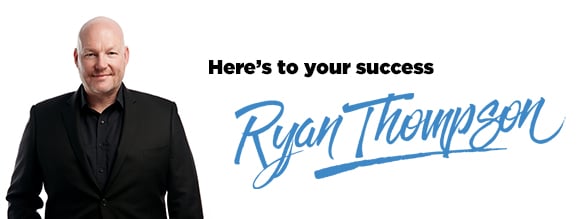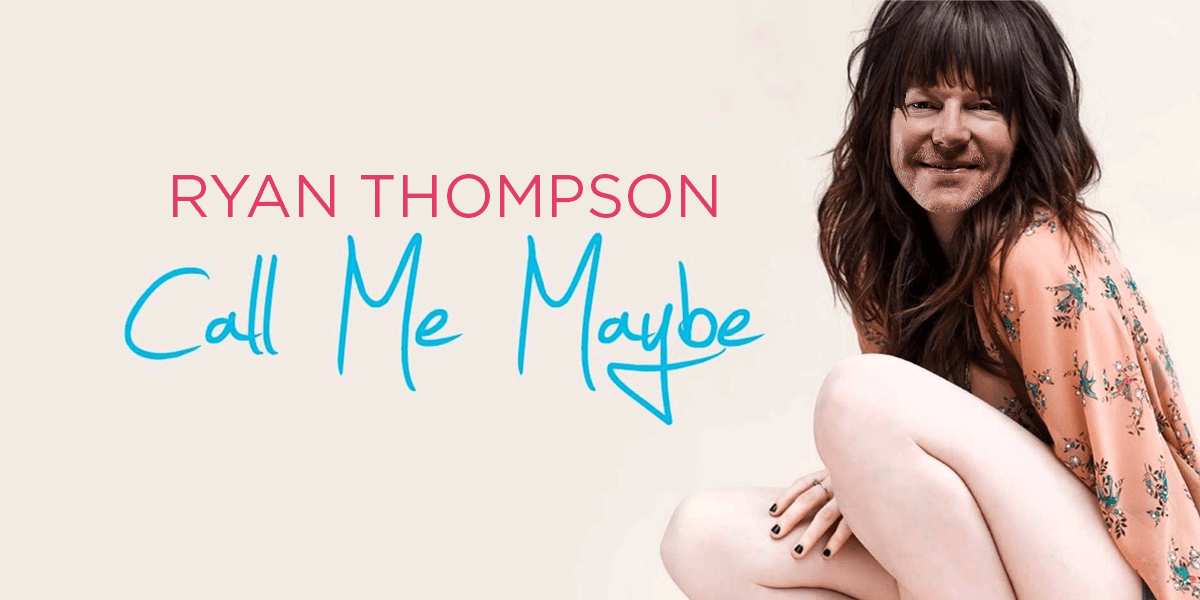Door knocking is one of the most feared activities for real estate agents and salespeople. It goes against our natural flow to interrupt someone at their home who doesn’t want to be interrupted. For most people it is a horrible and terrifying thing to have to do.
The reality is that you don’t have to door knock, yes, you heard me correctly, YOU DO NOT HAVE TO DOOR KNOCK. If you have a bunch of spare cash to throw at building data, or as I like to call it, ‘building a community’, then the good news is, you do not have to door knock.
There are plenty of other ways that you can build a community. For example:
- SOLDS
- INVITATIONS
- LAUNCH PARTIES
- CAMPAIGN MARKETING
- AUCTIONS
- SPHERE OF INFLUENCE
- NETWORKING
- SOCIAL & DIGITAL MEDIA CAMPAIGNS
The downside is, most of these can be very expensive. One of the biggest issues with these strategies is that 95% of agents don’t do them correctly or are not consistent with their message. Meaning they may as well be throwing all of that money into the bin, which is where most of it will end up.
So, if you don’t have much money or a step-by-step system to follow, then door knocking could be your only option. The truth is, door knocking is a very good way to build contacts and a community. It can actually be quite fun once you get over your own thoughts and fears. In my years as a door knocking agent, I found that approximately 90% of people actually appreciate you popping by and introducing yourself to them. Most of them also know how scary it is as most of them cannot do it themselves, so they respect you and are actually quite lovely. There is also no better way to get business as it is just a numbers game and 3-5% of people are in real estate mode at any given time, so if you do enough there is a strong likelihood that you will bump into someone who is thinking of selling or who knows someone who is.
But the purpose of door knocking is not just to get listings, it’s to build contacts. The more contacts you have, the less cold calling you need to do, as all you should be doing then is nurturing your community until they are ready to sell.
Although there are a few different types of door knocking strategies and there are some door knocking strategies that have a better return than others, here is my advice on how to get the owners contact details.
The key to building quick trust is to always have something useful and informative to give and leave with the home owner. A good example is the most recent 3-months of sales, or a quarterly report of the area. You could also give them a notice regarding developments or changes in the area like zoning or redevelopment that may affect them. One little trick I used was to buy value bags of chocolates and just hand them out as an ice breaker. The reality is, people are quite simple, if you give them something or are perceived to be helping and care about them, they will move mountains for you. Keep it simple and “Give-to-Get”. This strategy works by you giving without asking for something in return, resulting in people going out of their way to help and give back.
Happy knocking. Remember, it does work because I built my business on it! For more great Prospecting strategies, make sure you register for my upcoming FREE half-day Real Estate Brilliance webinar, simply click on the button below.




1 Comment. Leave new
[…] Doorknocking your local area or targeting an area with just listed or just sold hot knocking. […]